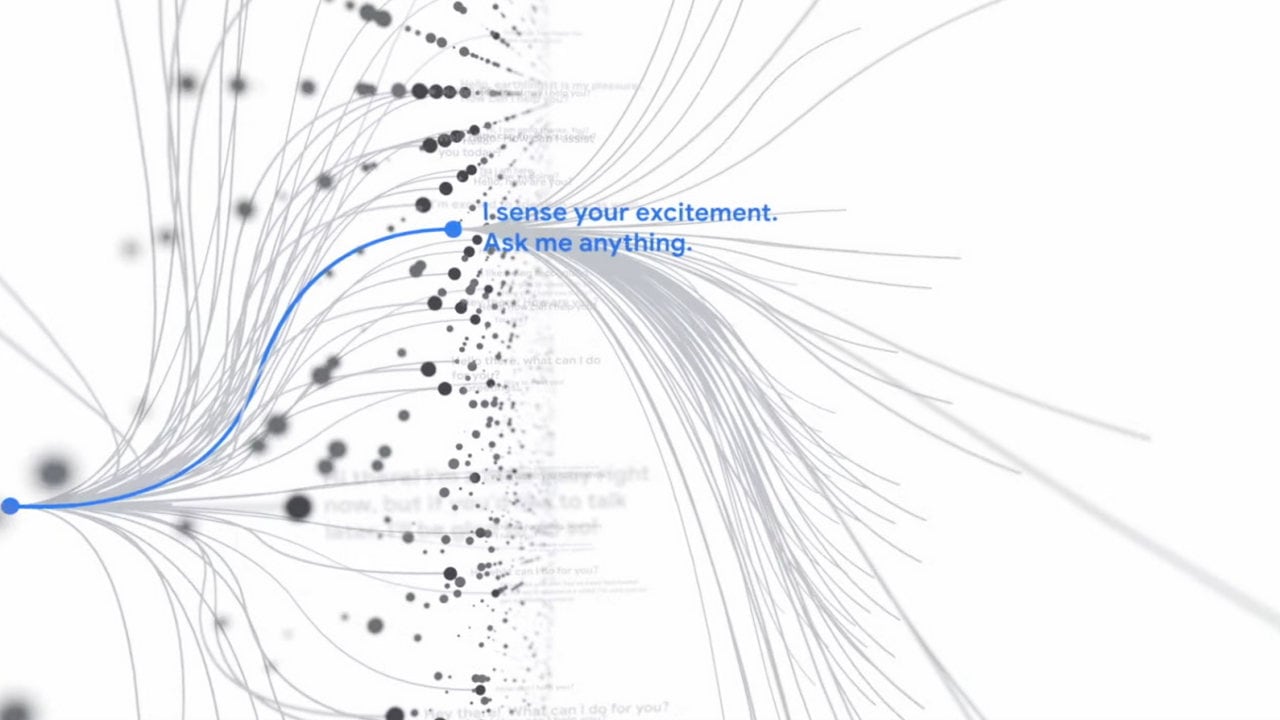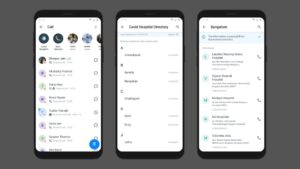FP TrendingMay 19, 2021 17:14:41 IST
Google has developed some interesting tools using Artificial Intelligence (AI) in the last few years. Now, it intends to come up with its latest AI-driven technique that represents a “breakthrough conversation technology” that will allow people to have conversations on various topics, open-endedly. Named as LaMDA (“Language Model for Dialogue Applications”), it is a machine learning technique that enables a conversational flow interaction between itself and users. It is said to be the next step to chatbots which are usually limited to certain pre-fixed responses. It is still in its research phase.

It’s been years since LaMDA’s conversational skills are in the making. Image: Google
In a blog post, Google says that open-ended discussions can start from anywhere and end anywhere else. LaMDA, so, can engage in any type of conversation that might involve related or unrelated topics. The blog states that LaMDA “can engage in a free-flowing way about a seemingly endless number of topics, and is powered by the ability we think could unlock more natural ways of interacting with technology and entirely new categories of helpful applications”.

It’s been years since LaMDA’s conversational skills are in the making. It was trained on dialogue unlike other language models, enabling it to pick up on several nuances that drew a line between open-ended conversation and other language forms.
It was built on an earlier Google research that was published in 2020. As per the research, Transformer-based language models trained in dialogue could learn to talk about anything in the virtual sense. After this, the tech giant discovered that once LaMDA is trained, it can be fine-tuned by leaps and bounds.
Google is also exploring dimensions like “interestingness,” by assessing whether responses are unexpected, insightful, or witty, for the technique. Besides that, care is being taken to ensure that LaDMA’s responses are not just compelling but also factual.
While we’re aware of the misuse of technology where language-trained models can propagate ideas like hateful speech, internalising biases, etc., with LaMDA, the tech giant is ensuring to minimize such risks. Hence, it allows open-source research for researchers to use and analyse models and their data training.
Also read:
Android 12 public beta now available: New features, compatible devices, how to install, more
Google I/O 2021: Google and Samsung announce the merge of Wear OS and Tizen
Google I/O 2021: Android 12 ‘Material You’ design for Workspace, Photos, Maps, more announced










